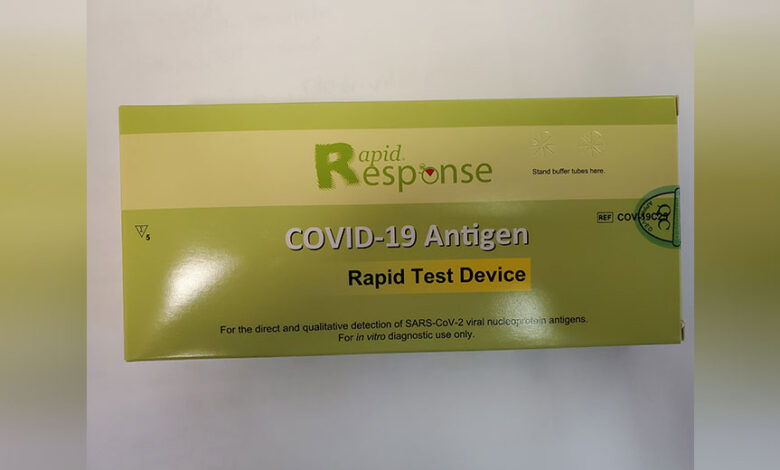
Almost three years into the COVID-19 pandemic, testing for the virus is becoming less relevant and less common in Canada.
Last February, the federal government eliminated pre-arrival PCR test requirements for travellers and is now ceasing new shipments of rapid antigen tests to provinces and territories.
Although Ottawa and provincial health authorities have millions of rapid tests in their stockpile, demand appears to be waning. Dr. Gerald Evans, an infectious disease specialist at Queen’s University in Kingston, Ont., believes that a gradual transition out of the pandemic into normal life may be contributing to the decrease in demand. As the virus has mutated over time, the emergence of new variants has also reduced the sensitivity of the antigen tests.
According to Dr. Anna Banerji, an infectious disease specialist at the University of Toronto, people are using rapid antigen tests less because there is no longer a public health strategy to deal with COVID-19. Dr. Evans added that money is another factor to consider, as these tests are expensive, so there might be less appetite from the government to continue picking up the cost.
Since the beginning of the pandemic, Ottawa has ordered over 811 million rapid tests at a cost of about $5 billion. Approximately 680 million of those tests have been distributed to provinces and territories, where they have been provided for free at pharmacies, grocery checkouts and other locations. Health Canada stated that the decision to end shipments at the end of January was made in collaboration with provinces and territories, as regions have enough.
Health Canada reports that 6.5 million of the 90 million rapid tests in the federal inventory will expire this year. The remaining tests will expire within two years. Dr. Evans warns that accuracy becomes questionable once tests go beyond their expiry date, and anyone with expired boxes of tests should dispose of them.








































